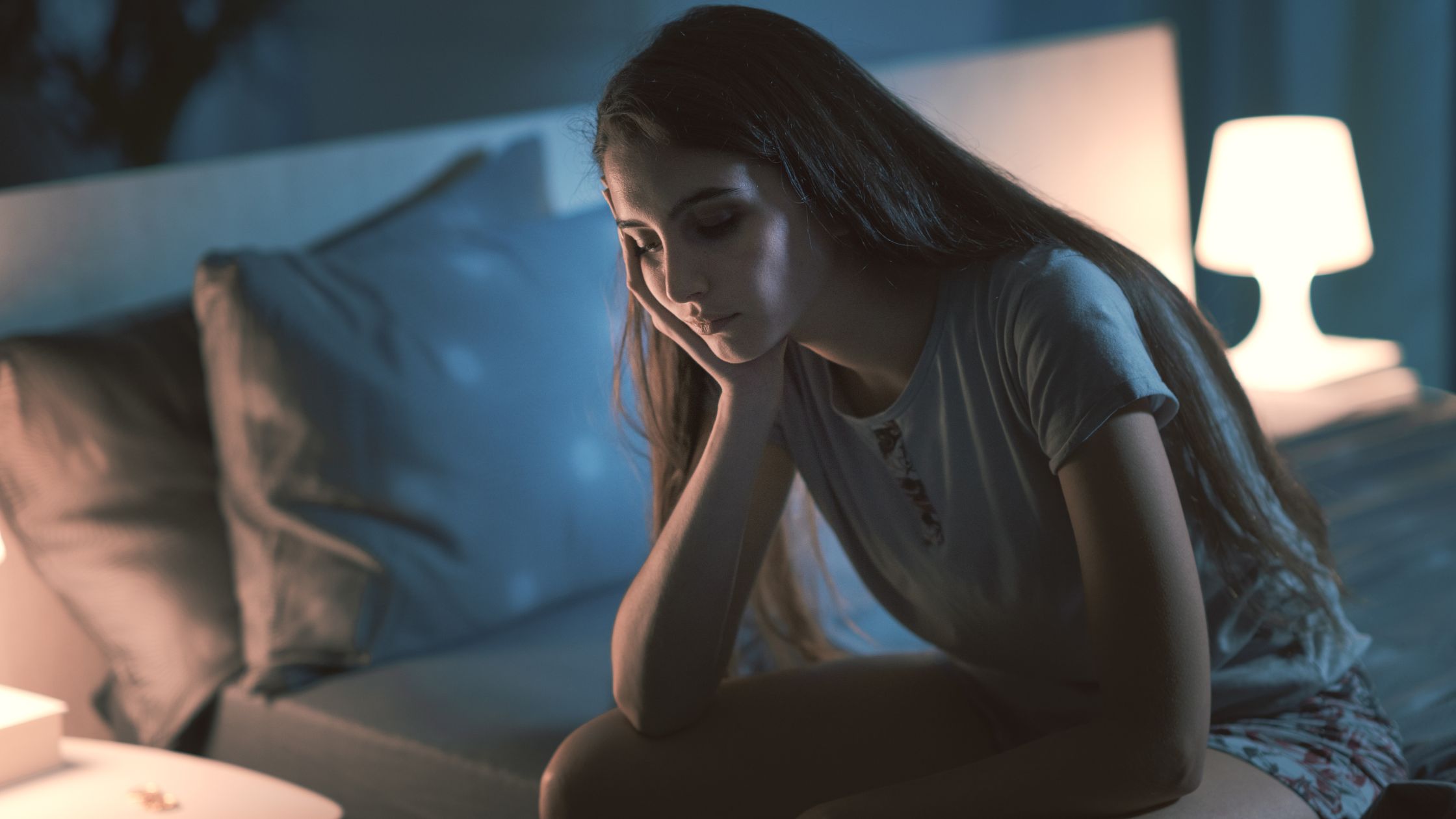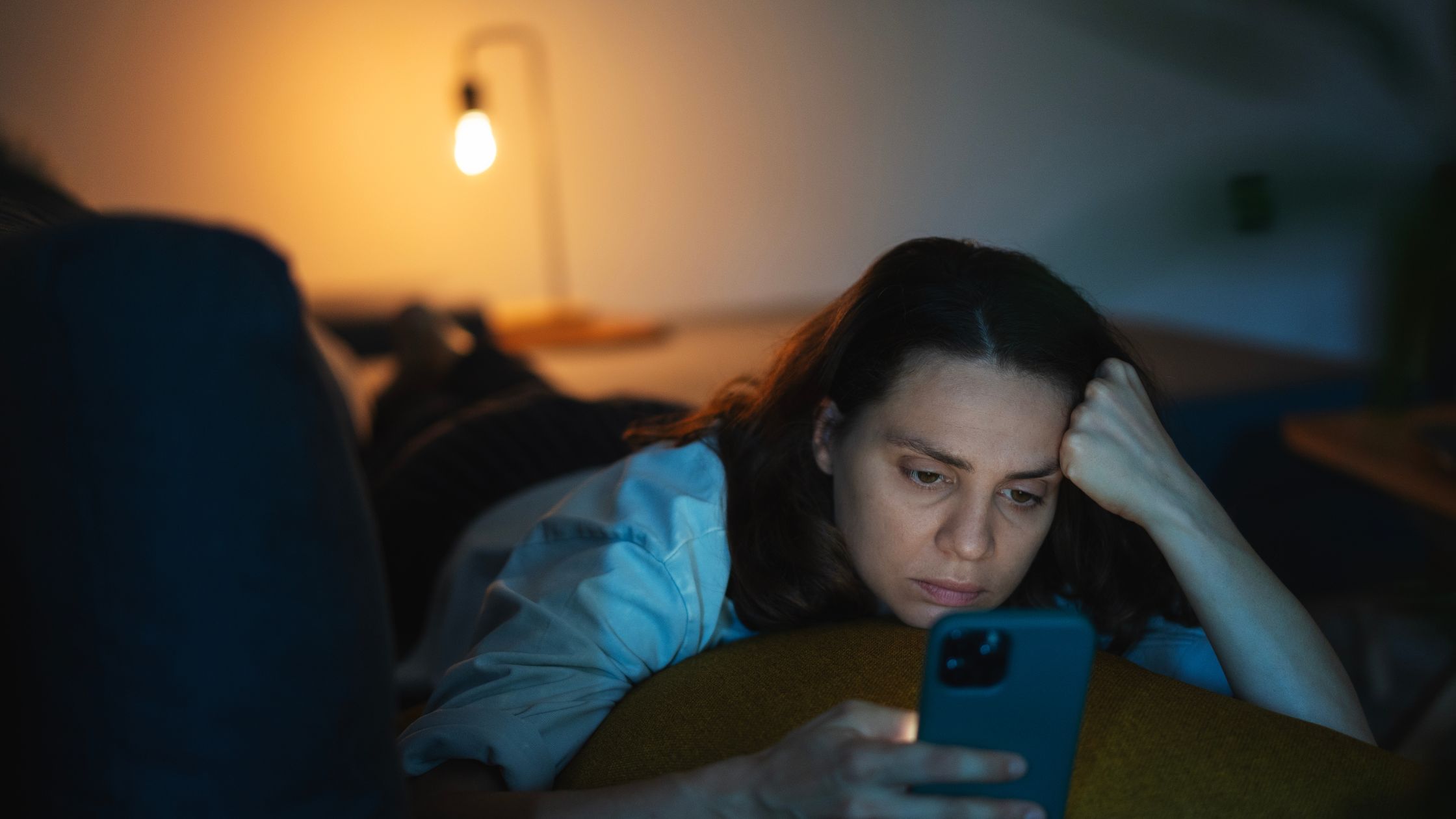How Shorter Days Affect Your Mental Health: 5 Ways to Manage SAD, Anxiety, and Depression
Posted 21.11.25
As the evenings draw in and daylight hours shorten, many people notice a shift in their mental health, mood, motivation, and energy levels. While a seasonal dip in enthusiasm is common, for some the impact can be more pronounced. Understanding why darker nights influence mental wellbeing helps you take meaningful steps to protect yourself during the winter months.
Why Do Darker Nights Affect Mental Health?
Shorter days and reduced sunlight influence how the brain regulates several important hormones and neurotransmitters:
-
Serotonin levels drop in low light. Serotonin helps regulate mood and energy, so reduced levels can contribute to depression, fatigue, and irritability.
-
Melatonin increases due to longer periods of darkness, leaving you feeling sleepy or unfocused at unusual times.
-
Your circadian rhythm becomes disrupted, making it harder to maintain healthy sleep patterns and daily routines.
These biochemical changes explain why many people feel “out of sorts” in autumn and winter. For some, they may trigger Seasonal Affective Disorder (SAD) — a form of depression linked to seasonal changes in light. Many people notice the signs of SAD, such as persistent depression, fatigue, and reduced motivation.
The good news is that there are simple, evidence-based strategies that help counter these effects and support your mental health and emotional wellbeing.

Five Ways to Combat the Effects of Darker Nights
1. Prioritise Daylight Exposure
Natural daylight helps regulate serotonin and stabilise your circadian rhythm — two processes disrupted when sunlight is limited. Even small amounts of morning light have been shown to improve mood, alertness, and mental wellbeing.
Why it helps:
More daylight = more serotonin. This directly counteracts the natural drop in serotonin during darker months, which can contribute to seasonal depression or depression.
Try this:
-
Take a short morning or lunchtime walk
-
Sit or work near a window
-
Open blinds as soon as you wake
Regular exposure, even in brief bursts, can noticeably improve your energy and emotional resilience.

2. Increase Physical and Social Connection
Social interaction stimulates the release of serotonin and oxytocin — key hormones that support mood regulation, reduce anxiety, and protect against stress. During winter, people often spend more time indoors, which can reduce contact with others and worsen feelings of depression.
Why it helps:
If reduced sunlight lowers serotonin, social contact is a natural way to boost it. It also helps regulate cortisol, easing both stress and emotional tension.
Try this:
-
Schedule regular catch-ups with friends or family
-
Attend free community events or volunteering groups
-
Combine social connection with movement, such as walking with a friend
Staying connected gives your emotional system the stimulation and support it needs during darker months, helping prevent Seasonal Affective Disorder symptoms.

3. Keep Active — Even in Short Bursts
Physical activity boosts serotonin, dopamine, and endorphins — all essential for improving mood, reducing stress, and combating anxiety. Research shows that regular movement can significantly lower symptoms of depression and low energy.
Why it helps:
Exercise naturally increases the same mood-enhancing chemicals that tend to drop when sunlight decreases, reducing the risk of seasonal depression.
Make it manageable:
-
Do a 10-minute home workout
-
Try a simple yoga or stretching routine
-
Add movement breaks throughout your day
You don’t need long sessions — consistency is what counts for mental wellbeing.

4. Support Your Sleep Routine
Darker evenings can make you feel sleepy earlier, while dark mornings make it harder to wake up. Establishing a strong sleep routine helps reset your circadian rhythm, improving energy, mood, and concentration.
Why it helps:
A stable routine helps regulate melatonin production, counteracting the disrupted sleep caused by reduced daylight and helping prevent anxiety or depression from worsening.
What helps:
-
Keep regular sleep and wake times
-
Reduce screen use before bed
-
Dim lights gradually in the evening
-
Increase light exposure as soon as you wake
A steady routine keeps your mental health more resilient throughout winter.

5. Strengthen Your Stress-Management Skills
Winter can amplify everyday stress, making it feel harder to cope. Learning practical psychological tools — such as relaxation techniques, cognitive strategies, and problem-solving skills — builds resilience and supports mental health during more challenging seasons.
Why it helps:
Stress increases cortisol, which can worsen anxiety and depression. Evidence-based coping strategies help calm your nervous system and rebalance your stress response, improving emotional wellbeing.
If you’d like structured guidance to build these skills, our online programme Stress Control at Home offers practical, evidence-based tools to help you manage stress, reduce anxiety, lift your mood, and feel more in control during the darker months.
